Imagine playing a game of chess without looking at your opponent's moves. Sounds like a recipe for disaster, right? That's exactly what running a business without risk management is like. In the ever-evolving landscape of the business world, being prepared for potential pitfalls is not just smart; it's essential for survival and success. So, let’s dive into why risk management should be your new best friend in the business arena.
1. Protecting Your Bottom Line
Think of your business's bottom line as a treasure chest. Now, imagine risk management as the sturdy lock on that chest, keeping your treasures safe.
Unpredictable events in business are like sneaky pirates, always ready to swipe your hard-earned gold. Whether it's a sudden change in market trends, a key supplier facing bankruptcy, or a cyber-attack threatening your data, these risks can swipe away your profits faster than you can say "Ahoy".
But here's the good news. With risk management, you're not just sitting ducks waiting for trouble. You're actively scouting the horizon for potential threats. This proactive approach means you're not caught off guard. Instead, you're ready with a plan of action.
Maybe it's insurance to cushion financial blows, backup suppliers to ensure continuous operation, or robust cybersecurity measures. Each plan is a plank in the protective armor around your bottom line.
2. Boosting Decision-Making Confidence
Have you ever stood at a crossroads, uncertain which path to take? That's what business decisions can feel like without risk management. You're relying on gut feelings or best guesses, which is as reliable as flipping a coin. But add risk management to the mix, and suddenly you've got a GPS guiding you through the decision-making jungle.
Risk management illuminates the paths ahead with the bright light of data and analysis. It's like having a bird's-eye view of the potential pitfalls and peaks of each option. You're no longer guessing; you're evaluating scenarios based on solid information. This might include market trends, customer feedback, or even competitor behavior.
Armed with this insight, your decisions become more than just shots in the dark; they're strategic moves. It's empowering to know that your choices are backed by careful consideration and not just hopeful thinking.
This confidence is contagious, spreading through your team and your stakeholders, creating a culture of thoughtful, informed decision-making. It's a surefire way to build a business that's not just surviving, but thriving.
3. Enhancing Business Reputation
Imagine your business as a ship in the vast ocean of the market. Now, picture risk management as the experienced captain steering this ship.
A captain who can navigate through the toughest storms earns respect and admiration, and so does a business that adeptly manages risks. It’s about demonstrating that your business is not only built to last but also to excel, even in choppy waters.
Clients, investors, and partners are always on the lookout for a sturdy ship to board. They want assurance that their investments, be it time, money, or resources, are safe. When they see a business that's proactive about identifying and handling risks, they see a business that's reliable and trustworthy. It's the kind of business that people talk about in glowing terms, the kind that gets recommended far and wide.
4. Complying with Legal and Regulatory Requirements
Think of the business world as a complex board game, where each move must align with specific rules. Risk management is like having the rulebook in hand, ensuring you're playing the game right. In this dynamic environment, laws and regulations change like shifting sands. Keeping up with these changes can be daunting, but it's essential.
With a solid risk management strategy, you're not just avoiding legal pitfalls; you're also nurturing a culture of compliance. This involves regular audits, staying updated with the latest regulations, and training your team to recognize compliance risks. It's more than just ticking boxes; it's about embedding legal and ethical integrity into the very fabric of your business.
Remember, the cost of non-compliance can be much more than financial penalties. It can tarnish your reputation, erode customer trust, and even lead to the shutdown of your business. By prioritizing compliance through risk management, you're safeguarding your business's future and affirming your commitment to fair and responsible business practices.
5. Improving Business Planning and Performance
Imagine your business as a visionary artist, painting a masterpiece of success. Risk management is like the palette of colors that helps create this masterpiece. It offers a spectrum of insights into potential challenges and opportunities, guiding your business strategy with foresight and precision.
This forward-thinking approach transforms the way you plan and perform. It’s no longer about reacting to situations as they arise. Instead, you're anticipating and preparing for them. Whether it's adapting to new market trends, exploring technological advancements, or identifying new consumer needs, risk management equips you to stay ahead of the curve.
By integrating risk considerations into your planning, you're not just mitigating potential negatives. You're also unlocking new avenues for growth and innovation. It's a proactive stance that can propel your business towards enhanced performance and a stronger competitive edge.
6. Fostering a Risk-Aware Culture
Imagine your team as the crew of a ship, each member playing a crucial role in navigating the business seas. Fostering a risk-aware culture is like training your crew to be vigilant and prepared for any situation. When everyone is attuned to the potential risks and knows how to manage them, your business becomes a well-oiled machine, ready to tackle challenges head-on.
This culture shift starts from the top and permeates every level of the organization. It's about encouraging open communication, where team members feel comfortable raising concerns and suggesting improvements. Regular training and discussions about risk management keep it at the forefront of everyone's minds.
In such an environment, risk management becomes second nature. It's not seen as a separate task or the sole responsibility of a specific department. Instead, it's a collective mindset, a shared commitment to safeguarding the business and driving it towards success.
7. Supporting Sustainable Growth
Picture your business as a tree, steadily growing towards the sky. Risk management is like the nutrients that help it grow strong and resilient. It ensures that your growth is not just rapid but also healthy and sustainable. Growth without a risk management perspective can be like unchecked wild growth, leaving your business vulnerable to external shocks.
Incorporating risk management into your growth strategy means making informed decisions about expansion, investments, and new ventures. It’s about evaluating the risks associated with these decisions and determining whether they align with your long-term goals. This thoughtful approach prevents overextension and ensures that your resources are used wisely.
Moreover, sustainable growth supported by risk management is appealing to stakeholders. It demonstrates that your business is not just chasing short-term gains but is focused on building a lasting, resilient enterprise. This can attract investors, partners, and customers who value stability and foresight in a business.
Conclusion
Risk management is far from being a dull, bureaucratic task. It’s an exciting, dynamic part of running a business that keeps you on your toes and ahead of the game. By embracing risk management, you're not just protecting your business; you're setting it up for success and growth.
So, don't wait for a crisis to hit before you think about risks. Start now, and watch your business thrive in the face of challenges. Remember, in the game of business, the best defense is a good offense, and risk management is your MVP.










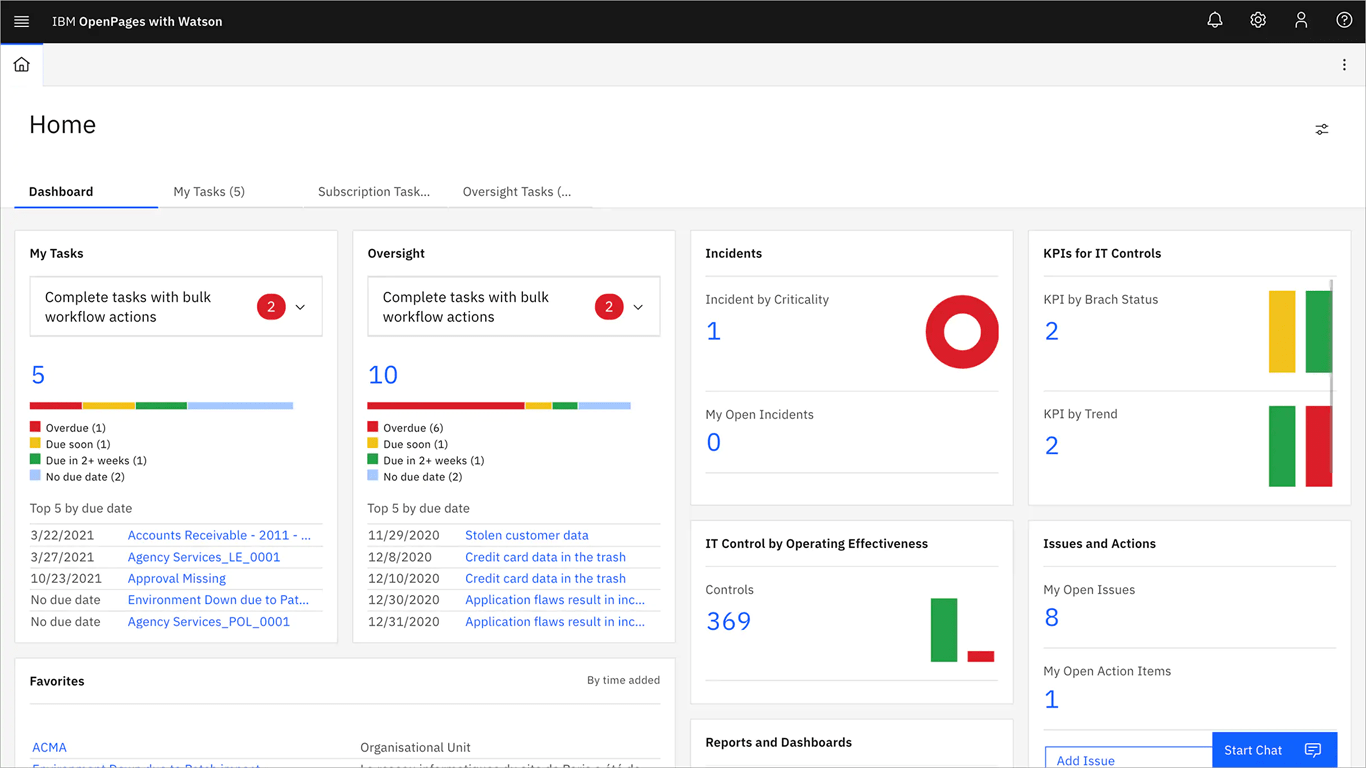

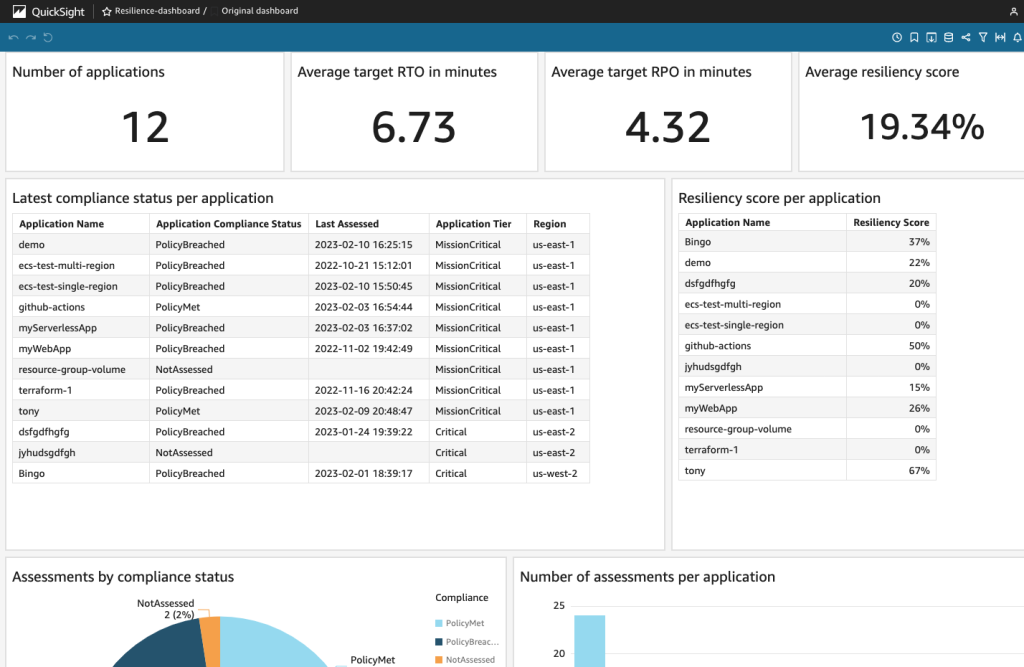
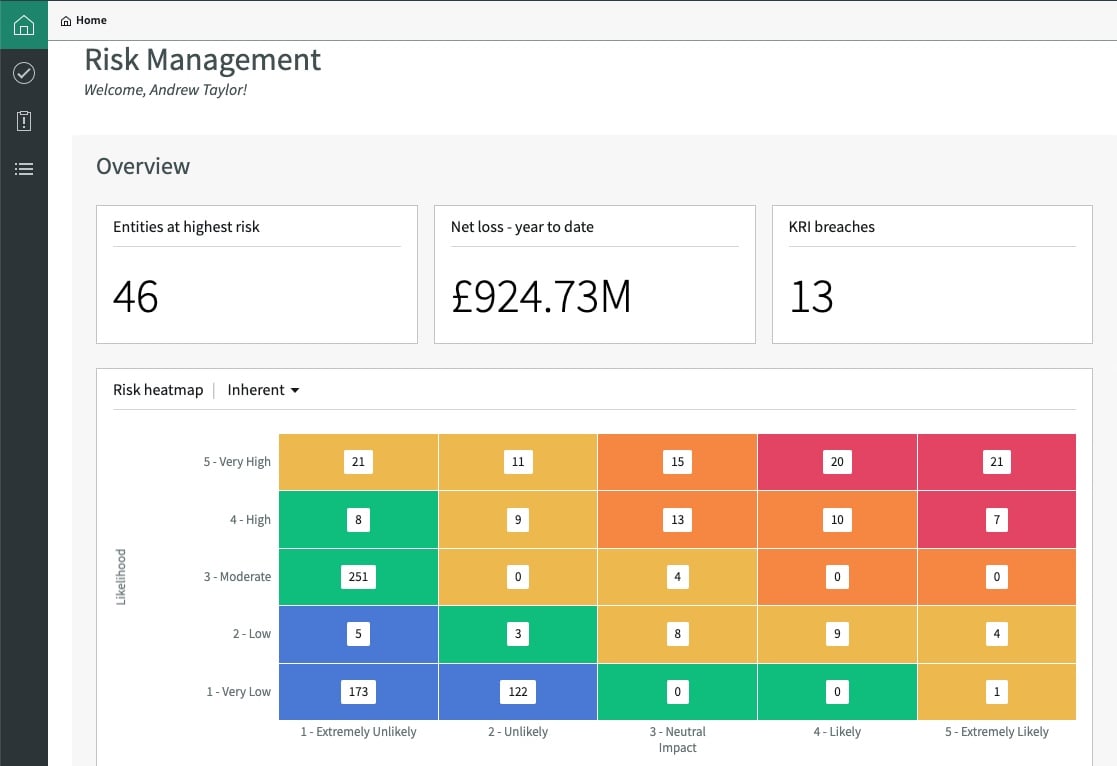


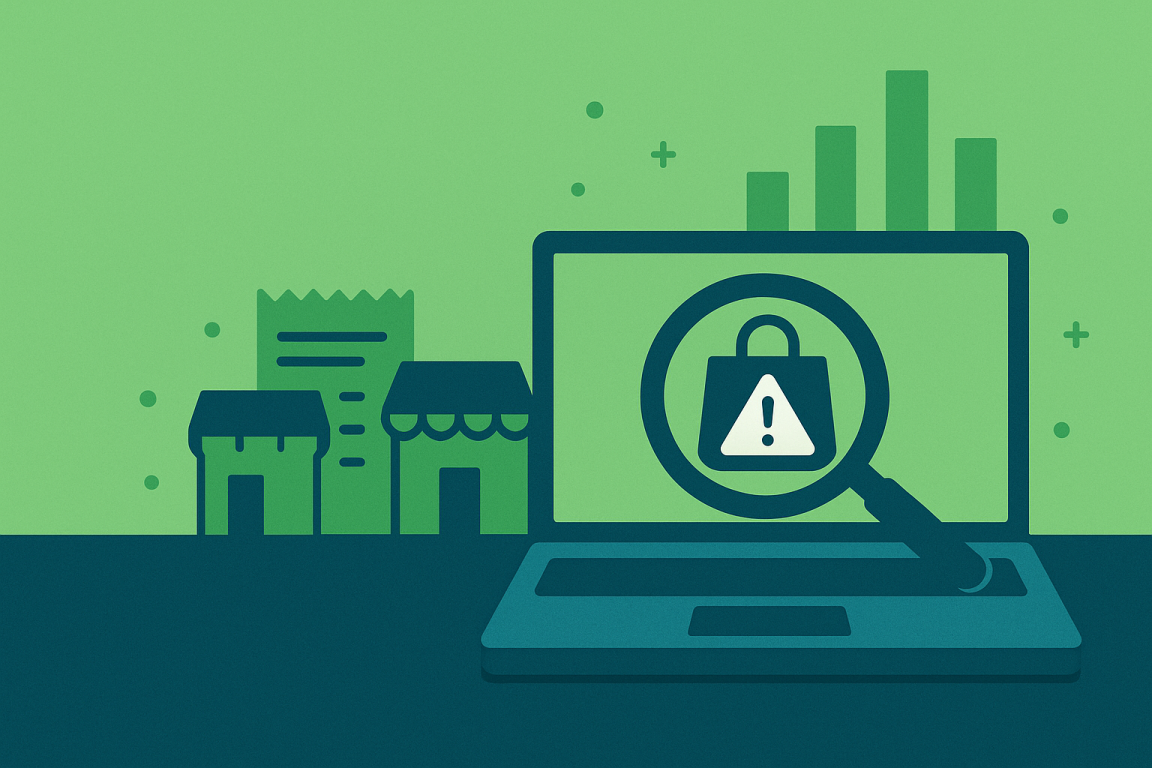




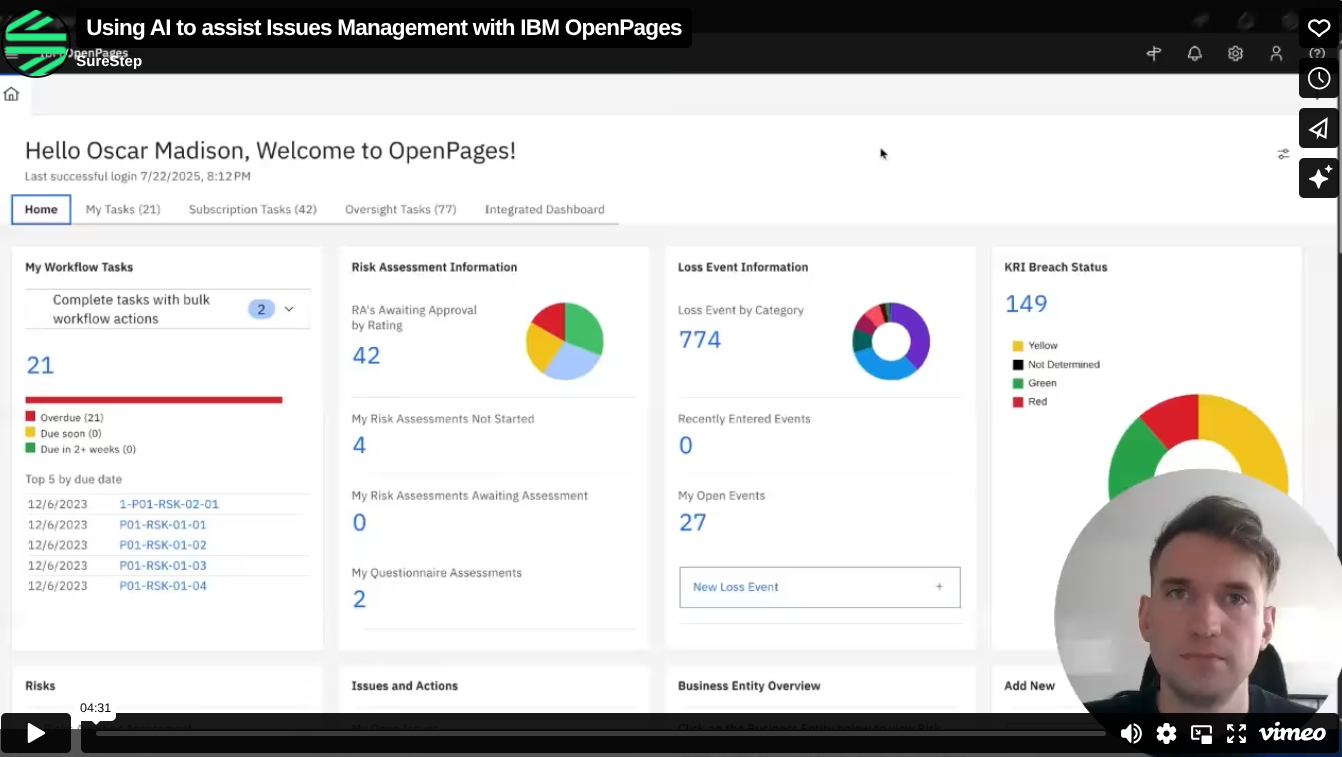







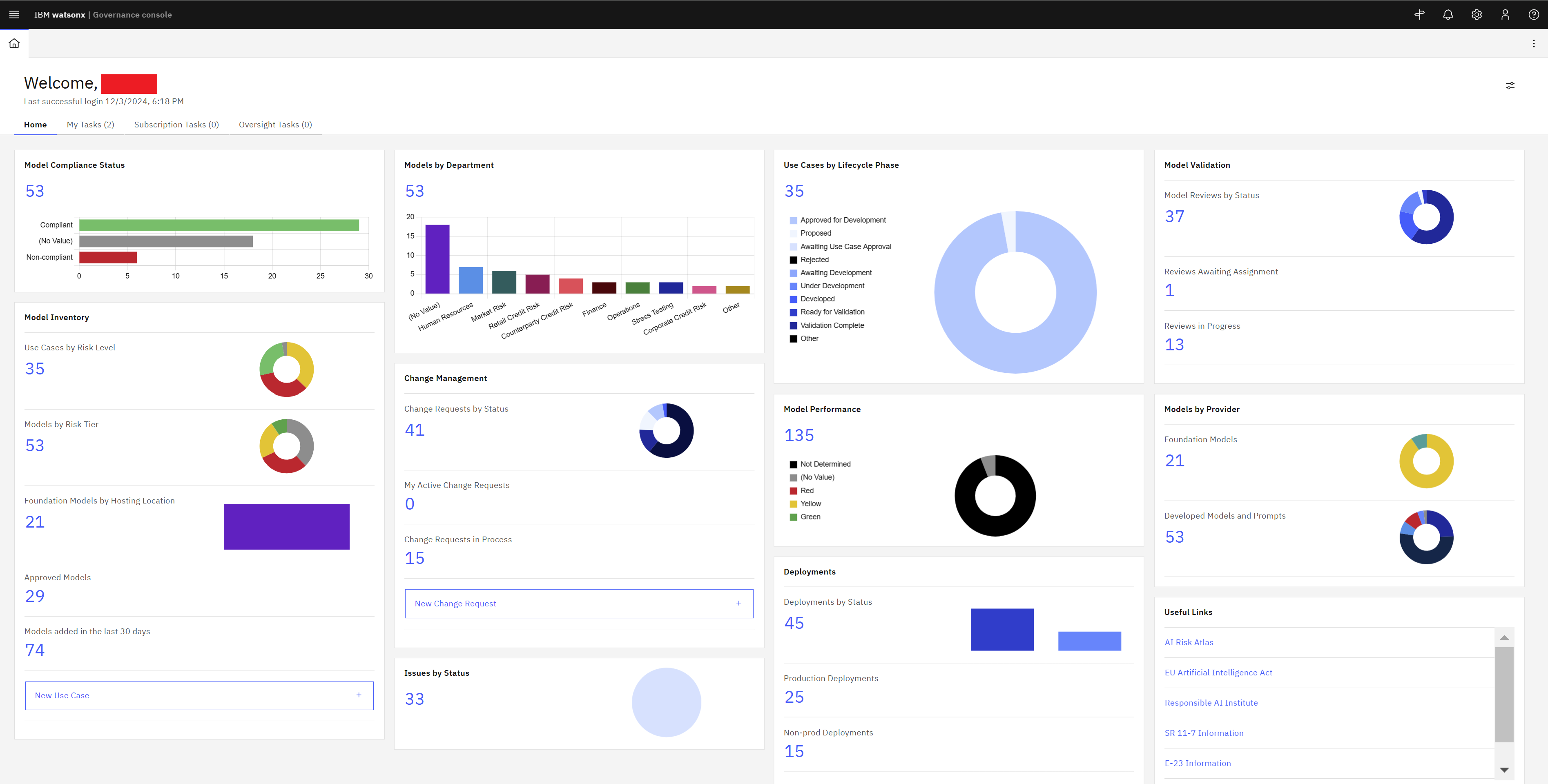

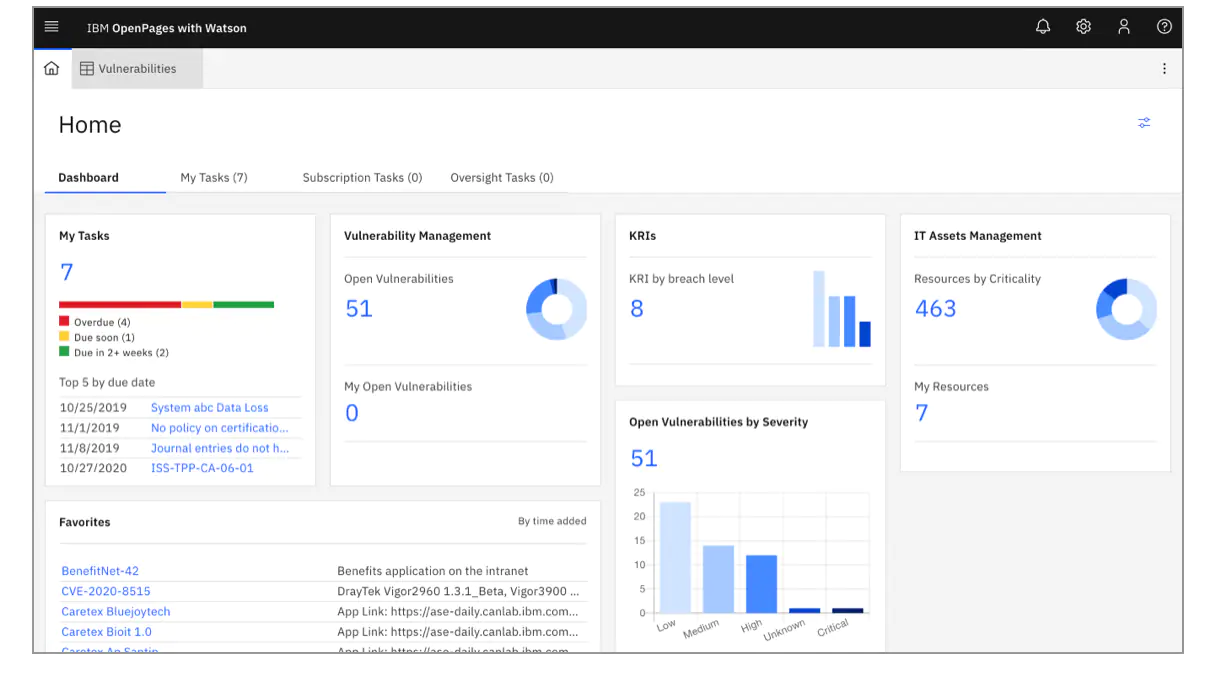








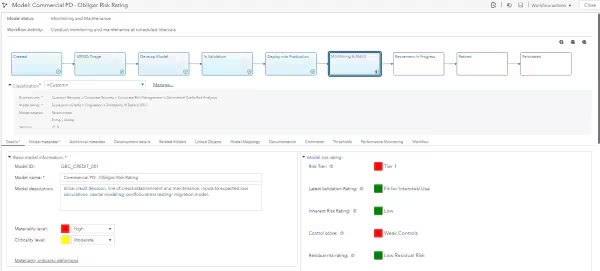









.webp)

-1.jpg)










.jpg)



























.jpeg)







